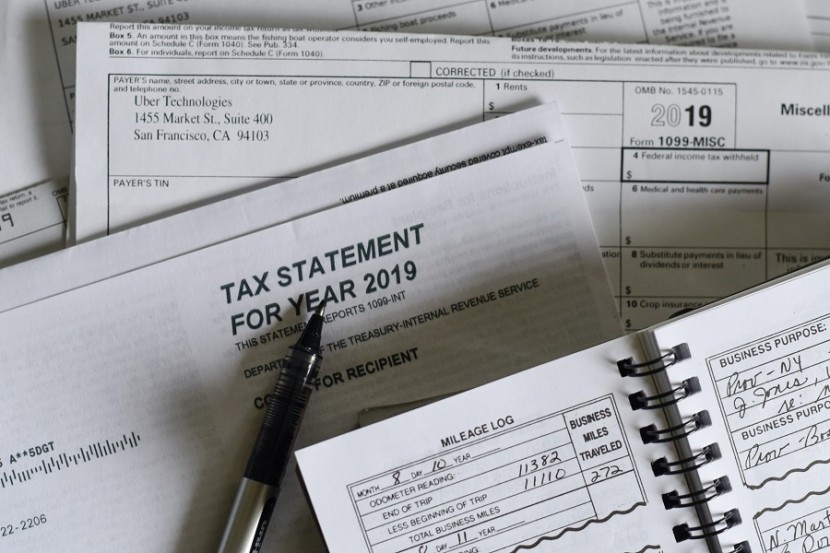
People who paid taxes on their 2020 unemployment benefits are getting their first wave of refunds. So far, the Internal Revenue Service (IRS) claims to have issued 2.8 million refunds. The IRS says it has identified 13 million taxpayers who may be eligible for the adjustment in total.
Unemployment benefits are generally taxable, but the American Rescue Plan Act amended the law to exclude the first $10,200 in payments from households earning less than $150,000 in the previous year. However, because the amendments were made after tax season had started, millions of people already paid their taxes.
IRS continues sending the next round of tax refund
Only 2.8 million of the 3.1 million files examined were eligible for a refund. The next round of refunds will be issued in mid-June, and the IRS will continue to assess submissions throughout the summer.
The reimbursement amounts will differ from person to person.
"Some will receive refunds, which will be distributed on a constant schedule, while others will have their overpayment applied to unpaid taxes or other debts. There will be no change for some," the agency stated as reported in Fortune.
It is worth noting that several states are still taxing unemployment benefits in 2020. Taxpayers will get a letter from the IRS within 30 days after any adjustment informing them whether they will get a refund or the extra payment will be used to pay down IRS debts.
The IRS is also assessing returns to see if individuals are qualified for earned premium tax credit, income tax credit, and recovery rebate credit, in addition to the unemployment tax credit. If you are single, you will not need to do anything, but if you are qualified for the earned income tax credit and have qualifying children, you may need to file an updated form.
When will I receive an unemployment tax refund?
The IRS has started issuing refunds to people who got unemployment benefits last year and paid taxes on them. Following some initial disappointment with the rollout, more single filers began receiving deposits in their bank accounts on May 28, with 2.8 million refunds being sent in the first week of June. The next round of refunds is expected to arrive in mid-June, according to the IRS. Here's what to expect, as per CNET:
- Those with an adjusted gross income of less than $150,000 are eligible for the tax break.
- The $10,200 is the amount of the refund, not the amount of the income exclusion for single taxpayers. The amount of the reimbursement will be different for each person.
- A reimbursement will not be given to everyone. The IRS has the authority to seize a return to pay a past-due debt, such as unpaid federal or state taxes or child support, according to GoBankingRates via Yahoo.
- As the IRS examines tax returns, refunds began in May and will continue throughout the summer. More complicated returns may take longer to process.
- The IRS is recalculating in two phases, beginning with single filers who are entitled to a tax credit of up to $10,200. It will then amend returns for married couples filing jointly who are entitled to a tax break of up to $20,400.
- If the IRS deems that you are due a refund for the unemployment tax credit, a check will be sent to you automatically.
- To claim the exemption, you do not need to file an updated return. Some people who used TurboTax stated their return amount changed as a result of the unemployment payout, though they had yet to receive a check.
- If you submitted bank account information on your 2020 tax return, your refund will be sent directly into your account. Otherwise, the refund will be mailed to the IRS's address on file as a personal check.
- Within 30 days after correcting, the IRS will send you a notification outlining the changes.
Related Article: Are You Eligible to Get a Bonus Stimulus Check on Top of Your Third IRS Payment? Here's How and Why
@YouTube
© 2025 HNGN, All rights reserved. Do not reproduce without permission.








